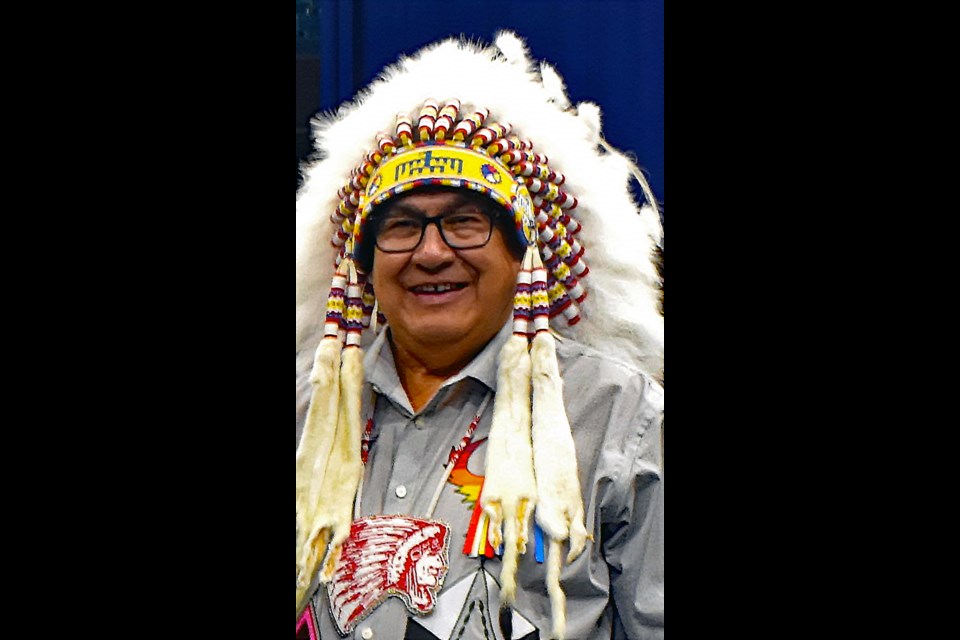SASKATOON — Edward “Dutch” Lerat knows what veterans, especially Indigenous Peoples like him, have gone through. That’s why the importance and significance of honouring their efforts and all those who served.
Lerat’s portfolio at FSIN includes all veteran issues — the Saskatchewan First Nations Veterans Association, SFNVA Assembly, Remembrance Days and grave marker projects.
He said Indigenous people volunteered and signed up in droves to help fight tyranny and oppression, and preserve the freedom that nations like Canada enjoy today.
Treaty does not require Indigenous people to be “ … fighting any of the Queen's wars. So, our people did not have to go and defend Canada. To fight for freedom, we signed up in droves, like those at Muskeg Lake and Mistawasis,” Lerat told SASKTODAY.
“We signed up in droves across Saskatchewan and the country. We go to conflicts and we fight for freedom and all the other things that ordinary Canadians enjoy today,” added Lerat, who was among Indigenous veterans that were presented with the Queen’s Platinum Jubilee Medal.
However, Indigenous People — First Nations, Inuit and Métis — had to go back into the reserve system when they returned from war.
Lerat said organizations like the Saskatchewan First Nations Veterans Association and the FSIN continue to advocate and fight for Indigenous veterans to get the same benefits and rights as other veterans.
“That's why it [SFNVA] was founded by the veterans coming home from the wars because of those rights, the spirit and intent of those rights. So, we continued, as an organization, in honour of the veterans who continued to fight for treaty rights,” added Lerat.
“Our veterans they're still the ones that are going over [post-traumatic stress disorder] issues. Our modern-day veterans continue to fight modern-day wars like those in the Middle East.”
Last month the Royal Canadian Legion and the SFNVA signed a memorandum of understanding to have Saskatchewan Indigenous veterans getting the same benefits and services received by their brothers and sisters in arms.
Facilities for medical and mental health are some of the services that would be made available to SFNVA members who were either injured or were suffering from PTSD.
SFNVA was represented by Grand Chief David Gamble and FSIN’s Lerat. At the same time, RCL Dominion President Bruce Julian and National Executive Director Steven Clark signed for the Canadian non-profit ex-service organization.
“The MOU will address all the gaps that our [Indigenous] veterans’ experience and the present challenges they have in terms of receiving services. The [MOU] will have a process where we can address this at the highest levels of government,” said Lerat.




